Counseling Corner
Counselors help students to be successful during high school by providing academic, social-emotional, and mental health support, as well as making referrals to supports in the community. Benefits of school counseling include improved academic performance and increased confidence!
Meet the Counselors
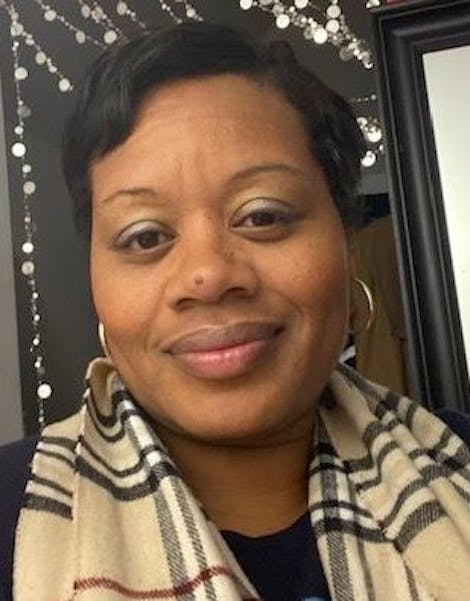
Ms. Darlene Butler
PASSION: Providing adolescents with academic, career, and emotional support.
FUN FACT: She loves to watch mystery movies.
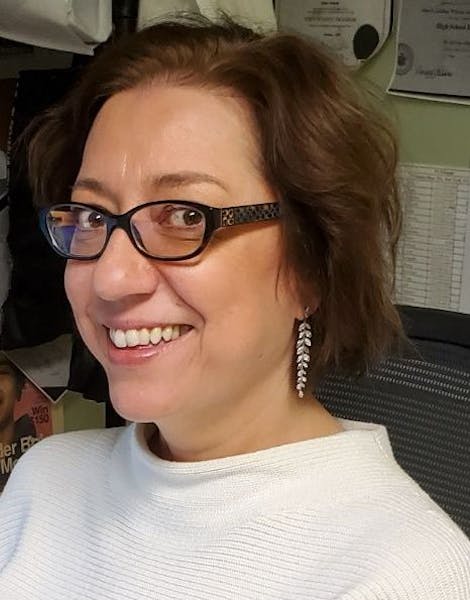
Dr. Elene Peters
PASSION: Helping students develop strategies to navigate everyday stresses and successfully graduate.
FUN FACT: She enjoys baking treats for students and colleagues.
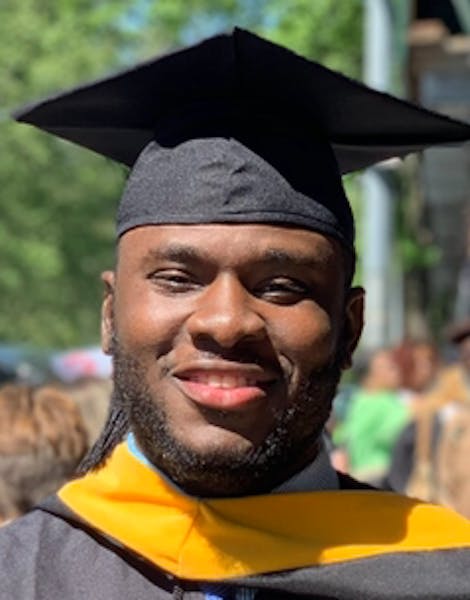
Mr. Tyheen Taylor
PASSION: Listening and building healthy counselor-student relationships.
FUN FACT: Little Fires Everywhere is one of his favorite shows on Hulu.
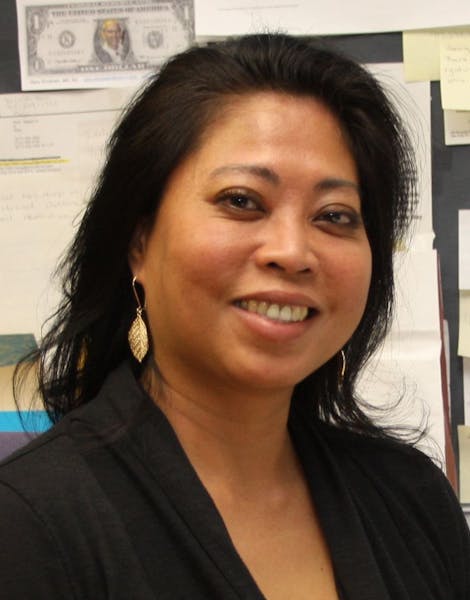
Ms. Karen Robinson
PASSION: Advocating for students so they can get the educational support and services needed to reach their academic potential.
FUN FACT: She loves to go spear fishing and tako (octopus) hunting with her dad, son, and nephew in Hawaii.
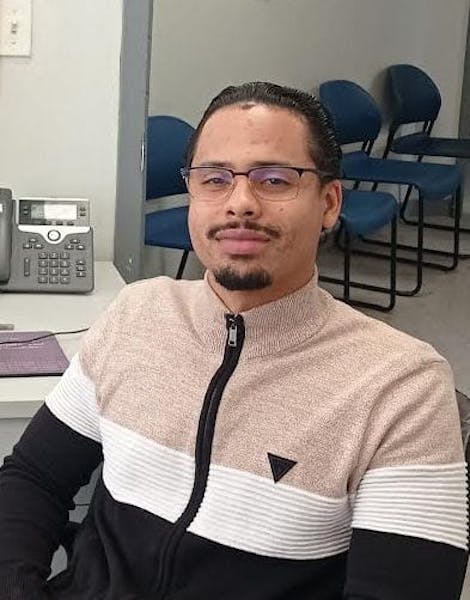
Mr. Frank Castillo
PASSION: On my days off I enjoy spending time outdoors and breathing in the nice cool weather.
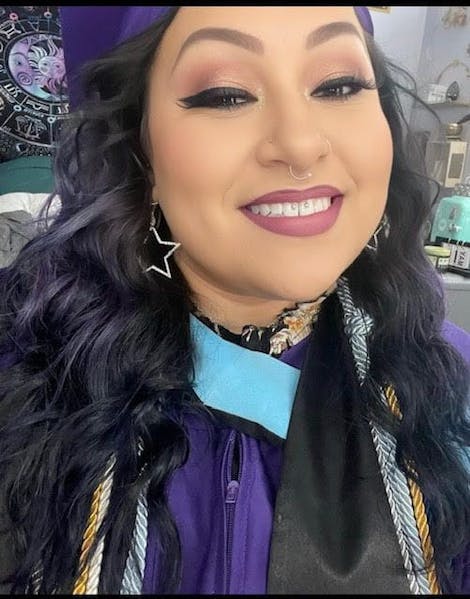
Ms. Nicole Bogutsky
PASSION: Connecting to, supporting, and advocating for youth. She loves making her students feel heard, validated, and cared about by using a Compassion-Focused approach to therapy.
FUN FACT: She used to be a professional makeup artist for 10 years. She enjoys watching psychological thrillers with her girlfriend and 3 cats.
Reasons include concerns about:
- Stress
- Problems with school or studying
- Coping with a difficult event
- Relationships
- Depressed mood
- Anger
- Anxiety
- Substance use
- Eating too much or too little
- Sleeping too much or too little
It's also okay if you are not sure what the problem is - we can help you explore that, too. Please also note that if you are not on campus and have an urgent matter/are concerned for your health and safety, reach out to a trusted adult, NYC Well at 1-888-NYC-WELL (1-888-692-9355), dial 911, or visit your nearest hospital emergency room.
The counseling process is confidential and your counselor will strictly maintain that confidentially. Exceptions to confidentiality are:
- If your safety is at risk
- If the safety of another/others is at risk
- If you give a counselor permission to speak to someone about something discussed during counseling
Aunt Bertha - Search for free or reduced cost services, such as medical care, food, and job training in your community.
Go Ask Alice! - This question and answer website contains a large database of questions about a variety of concerns surrounding emotional, mental, and physical health.
Help When You Need It - Find food pantries, free clinics, mental health services, and more in your area.
NYC Well - Provides free and confidential support through talk, text, and chat, for anyone who needs help with mental health and/or substance misuse concerns. Crisis intervention, information, and referral services are provided. NYC Well is available 24/7, all year round. Find a mental health specialist in your area
NYC Department of Mental Hygiene Teen Health Resources - Resources related to peer pressure, drugs and alcohol, bullying, dating violence, depression, anger, sexual health, and suicidal thoughts.
- The Trevor Project: National organization that provides crisis intervention and suicide prevention services to all LGBTQ+ youth.
Mobile Apps for Coping and Self-Care:
- Woebot - A friendly chat box available for emotional support
- Stop, Breathe. Think - Guided meditation app with emotional check-ins
- Relax and Sleep - Choose from more than 50 ambient sounds, including white noise, thunder, rain, the ocean, lightning, water, birds, bugs, instruments, mechanical and nature noises.
- Tactical Breather - Can be used to gain control of heart rate, emotions, concentration, and other physiological and psychological responses to the body during stressful situations
- Self-help for Anxiety Management - An app developed by a university team of psychologists, computer scientists and student users that offers a range of self-help methods for people who are serious about learning to manage their anxiety
- Panic Relief - Breathing tools to help you deal with panic, stress and anxiety
- Mindshift - Targets negative thought patterns
DISCLAIMER: Wildcat Academy Charter School is not responsible for any bills acquired by any agency listed on our website. The identification of agencies does not imply approval, warrant the accuracy of any information, or endorse any opinions expressed by any of these outside organizations.
Instagram Accounts to Follow
- @asianmentalhealthproject - posts designed to educate and empower Asian communities in seeking mental healthcare.
- @browngirltherapy - mental health community for children of immigrants.
- @dr.marielbuque - resources for healing, racism-related trauma, and information on how to cope with the current state of our nation.
- @nedratawwab - posts supporting the creation of healthy relationships.
- @talkspace - inspirational quotes, tips, and psychoeducation.
Organizations
- African American Therapists Directory: Find a black therapist, black counselor or African American psychologist near you.
- BEAM (Black Emotional and Mental Health Collective): A collective of advocates, yoga teachers, artists, therapists, lawyers, religious leaders, teachers, psychologists and activists committed to the emotional/mental health and healing of Black communities.
- BIPOC Only Recovery Dharma: A virtual support group for people of color in recovery. Inspired by Buddhist techniques.
- Crisis Line for Racial Equity Support: This service line is dedicated to and staffed by people of color, who all possess lived experience of racism that enables them to effectively provide support.
- Melanin & Mental Health: Melanin & Mental Health® was born out of a desire to connect individuals with culturally competent clinicians committed to serving the mental health needs of Black & Latinx/Hispanic communities.
- NoStigmas: The mission of NoStigmas is to raise awareness and erase the stigmas about suicide and mental illness by sharing stories of hope & inspiration, educating the general public about mental health, and helping those affected by mental illness.
- Nalgona Positivity Pride: an in-community eating disorders and body-positive organization dedicated to creating visibility and resources for communities of color.
- Protect Your Mental: A community space created by a woman of color to educate young people on the topic of mental health and empower them to practice and protect their mental on a daily basis.
- Sista Afya Community Mental Wellness: Designed to connect black women to resources and as well as to each other.
- The Bradley Angle Healing Roots Program: A program that provides resources that offer healing and connection for Black survivors of domestic abuse. They provide a 24-hour crisis line at 503-235-5333.
- Therapy for Black Girls: This space was developed to present mental health topics in a way that feels more accessible and relevant.
- The Summit Wellness Group: Mental health and substance use resources for the BIPOC (Black, Indigenous, and People Of Color) community
- Young People of Color: An online support community for young people of color that includes daily check-ins, celebrations, icebreakers, and Q&As.
DISCLAIMER: Wildcat Academy Charter School is not responsible for any bills acquired by any agency listed on our website. The identification of agencies does not imply approval, warrant the accuracy of any information, or endorse any opinions expressed by any of these outside organizations.
- Mental health problems have nothing to do with being lazy or weak. It often takes strength for people to ask for help.
- Treatment for mental health disorders may include therapy, medication, or both.
- Teenage alcohol use continues to drop - in 2019, rates of past-year alcohol use by students in 10th and 12th grades were at a 5-year low.
- Friends and family can be important influences to help someone get the treatment and services they need by:
- Reaching out and letting them know you are available to help
- Helping them access mental health services
- Learning and sharing the facts about mental health, especially if you hear something that isn't true
- Treating them with respect, just as you would anyone else
- Refusing to define them by their diagnosis or using labels such as "crazy"



